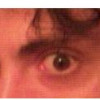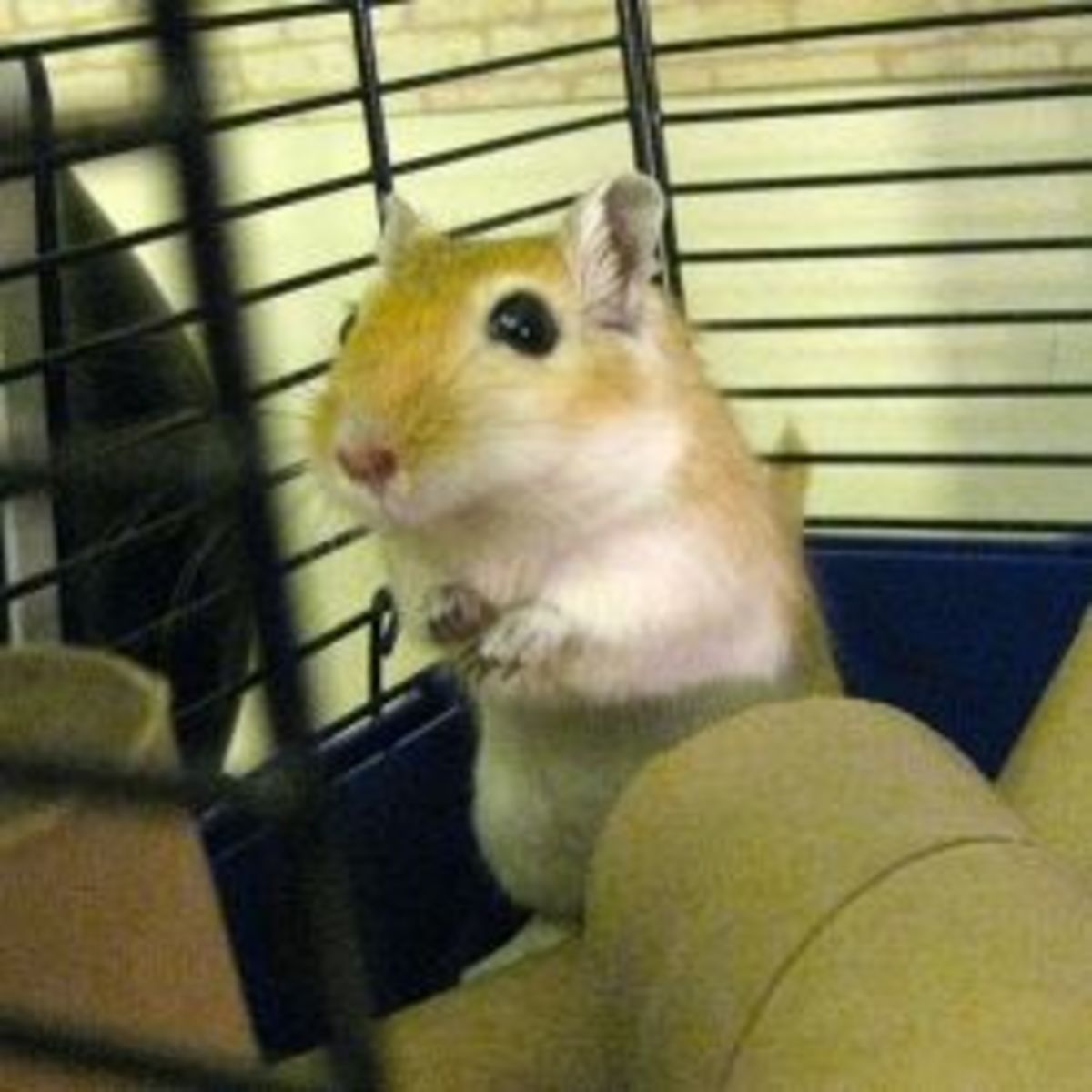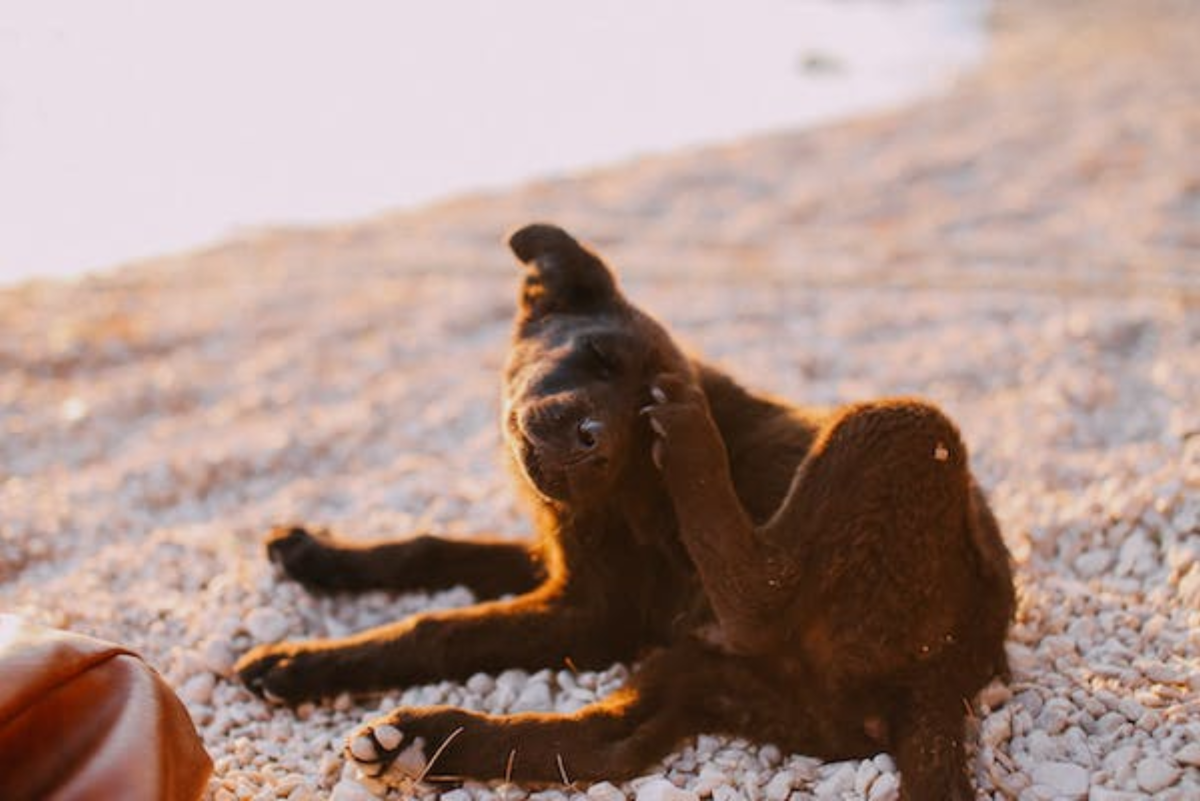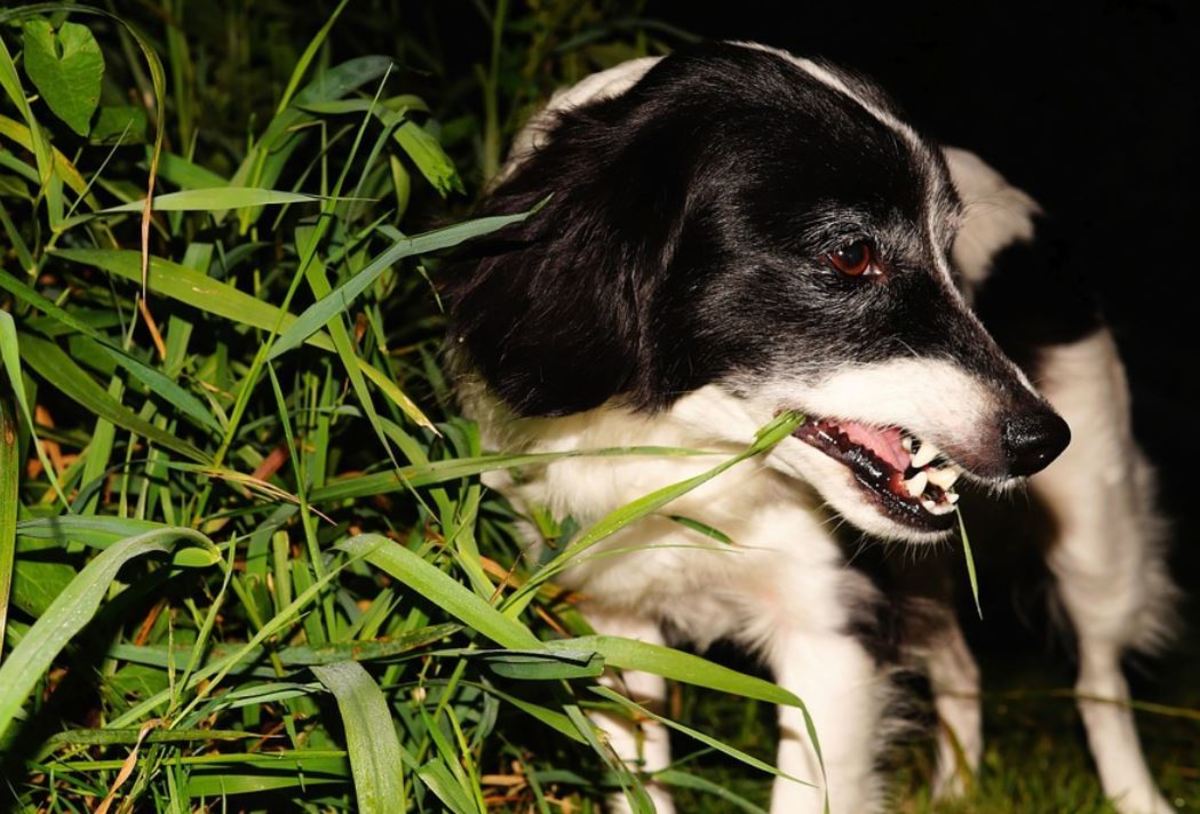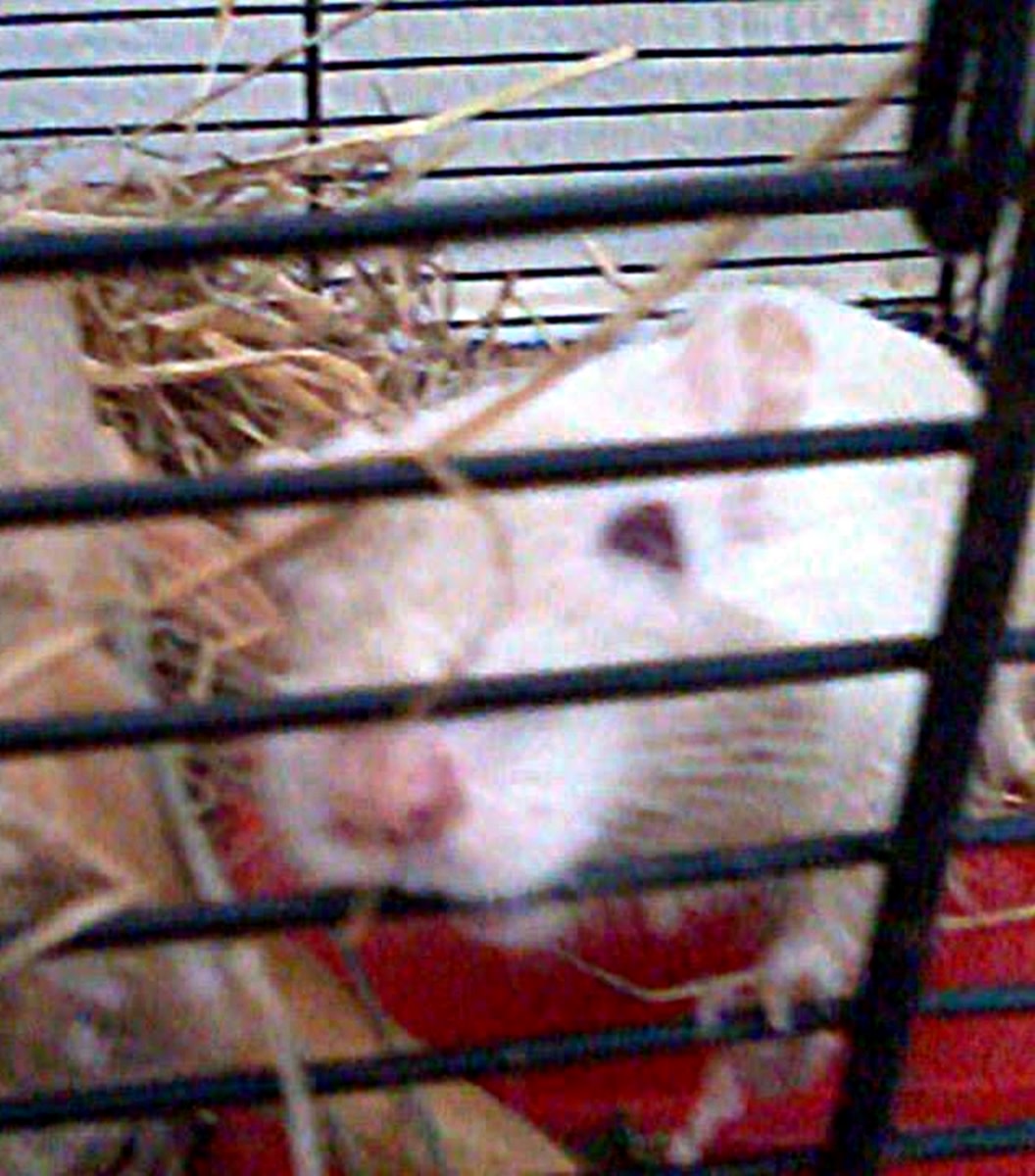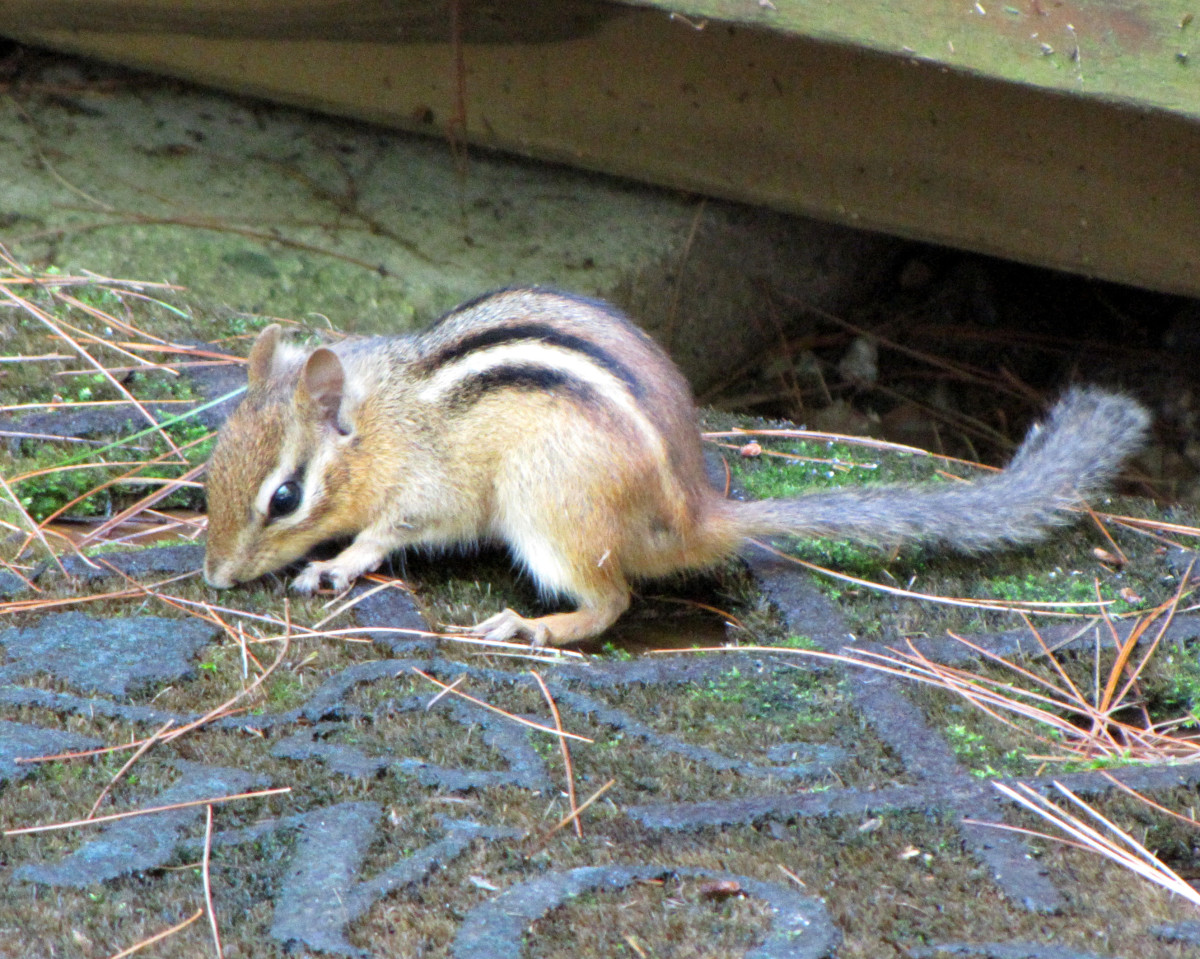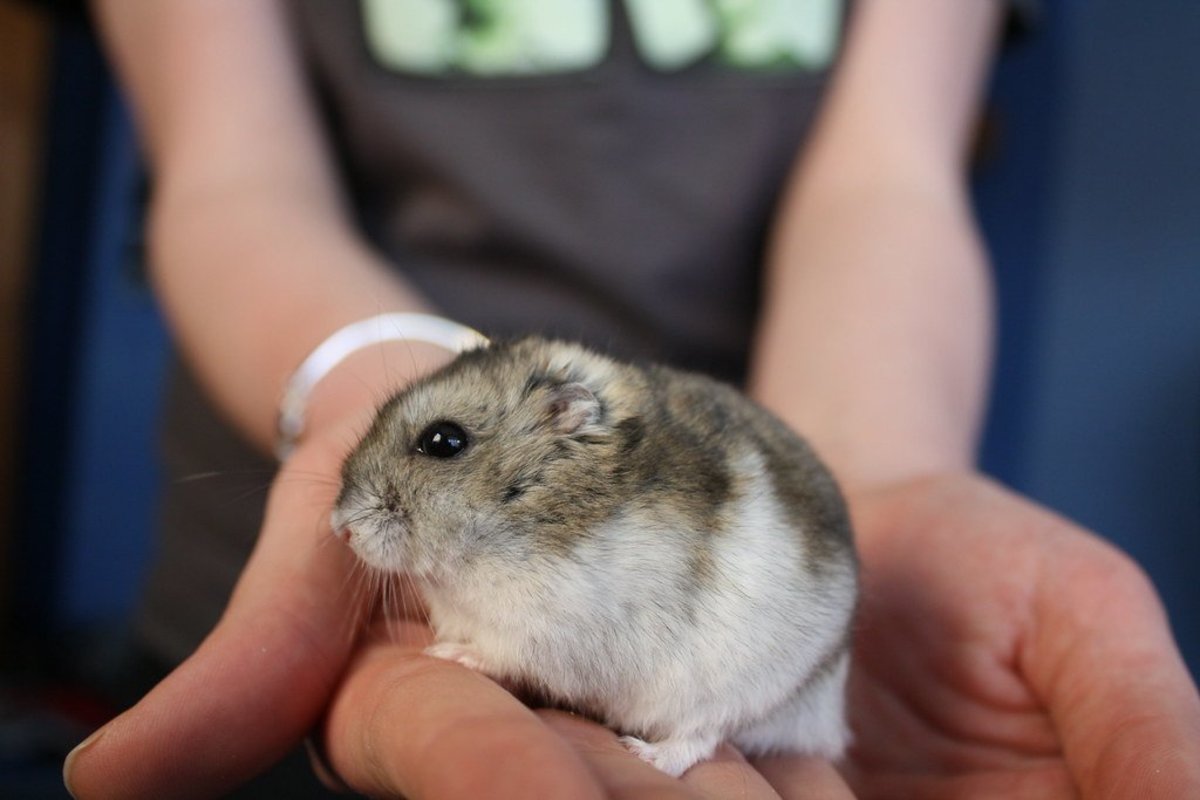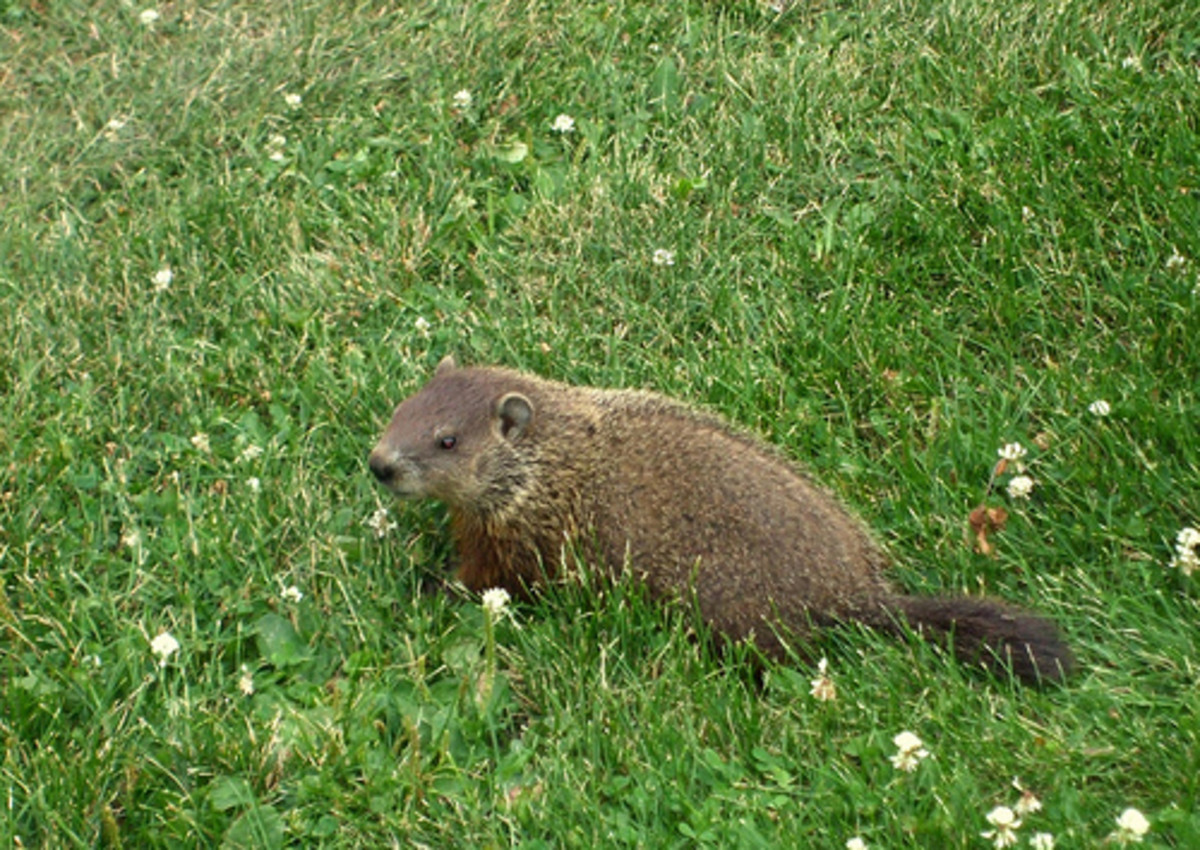Gerbil Health
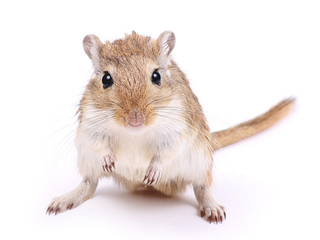
Gerbils are very hardy animals and may not suffer from any problems during their lives. It is important though to provide a good, balanced diet that is designed for gerbils. Your gerbil enclosure should be cleaned regularly and be positioned in a part of the home that is neither too damp or too dry. Stress should be avoided at all times because this can contribute to a lowering of defences against illness.
It is a good idea to check your gerbils over each day and record any instances of problems developing. For example you may want to record that one gerbil is getting a little larger than it was previously - a sure sign of dietary imbalance.We are going to run through the different areas that will need to be checked, the possible problems that may be found and the steps you should take.
Gerbil Eyes
Look carefully at your gerbils eyes. These should be clear and bright, without any signs of discharges etc. If there are any discharges, this could be a sign of an allergy or a cold. In either case, take steps to improve the environment. If this is a cold, take your gerbil to a vet.
Gerbil Wounds & Scratching
Look over all of your gerbil for signs of wounds or scratching. If you find anything, this could be the result of fighting or self inflicted. You will notice fighting activity very easily and if blood is drawn then you should separate the combatants. Gerbils can inflict wounds to themselves - the most common of which is scratching their ears and cutting themselves with their sharp claws. Use an antiseptic on minor wounds, but consult a vet in more serious cases.
Gerbil Droppings
Look that the droppings that your gerbils have produced. These should be dry and like miniature pellets. If these are soft, runny and there is a smell in their enclosure, this will indicate a serious situation that will need to be handled swiftly. Serious conditions will also be given away by soiling around the hindquarters of your gerbils. This condition could be Tyzzer's disease. Tyzzer's requires swift veterinary treatment, or all of your gerbils could perish as a result of the condition.
Gerbil Loss Of Weight
If one of your gerbils is losing weight this could be a result of a broken incisor tooth. When this happens the other incisor grows into the area where the other tooth was preventing your gerbil from feeding. Take to a vet and the overgrown tooth will be trimmed.
Gerbil Reproductive Organs
Examine these and if there is any sign of inflammation take the effected gerbil to a vet for treatment.
Gerbil Clicking
Listen to your gerbil. If you can hear a 'clicking' or rattling sound this will betray a chest infection. This occurs usually in very young or older gerbils. Take the effected gerbil to a vet and then follow the resulting antibiotic treatment carefully.
Gerbil Nose
Your gerbils may develop a sore nose at some point. This usually indicates some form of allergy. It could be something that you are using in the room where your gerbils are - like an aerosol or household polish - or it could be something in the enclosure itself. From long experience we have found that the best way to track down the cause is to remove everything from the enclosure and place unscented tissues in the enclosure. If the problem clears up in a few days you know that it was something in the enclosure, if not it could be something outside the enclosure. Possible causes in the enclosure could be wood shavings - Cedar or Pine. Treat the condition promptly with an antiseptic ointment.
Gerbil Scent Gland
On the underside of your gerbil there is a small slit. This alarms people at first, but it is perfectly normal - it is their scent gland. Normally this should be yellow-green in colour and covered over by fur. Your Gerbils will use this to mark out their territory, but sometimes this will develop a tumour. This starts out small and pink in colour, but grows larger in time. Seek veterinary help swiftly to remove the tumour.
Gerbil Tumours
Gerbils can get tumours in a number of places on their bodies. These will be betrayed by knobbly areas which you will clearly be able to feel. These tend to occur fairly frequently in gerbils, as they do in other rodents. Consult with your vet on the best course of action.
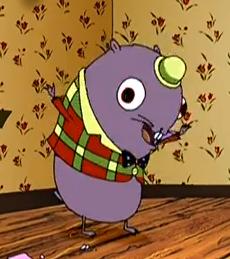
Gerbil Seizures
Gerbils can suddenly go rigid and stop, as though suffering from a stroke. After a while this passes and your gerbil returns to normal. Stressful conditions can cause this problem, including placing a gerbil into an environment that it is unsure about. For example we have known gerbils display this condition when placed into wide areas for exercise - one minute they are in the safety of their enclosure and then they are faced with the wide world - yikes!! Gerbils can also display this condition if they are attacked suddenly by another gerbil. Always pick a gerbil up that is suffering from this condition and keep them warm, until it passes - at which point they will suddenly come to life.
Gerbil Coat Condition
Your gerbil coat should be a matt colour, with an ever so slight sheen. If your gerbils display an oily coat then this will betray a poor environment that has excessive moisture. Always provide a good environment and place chinchilla dust into their enclosure. If you notice any bald patches on any of your gerbils this could be ringworm. Take infected gerbils to a vet promptly.
Gerbil Tail
Gerbil tails should be straight and have some hairs all along it. There should be a slight tuft at the end. If your gerbil is deliberately barbering their tail you should take steps to put this right. If your gerbil loses part of its tail, this should heal by itself after a while, though you may want to see a vet to make sure everything is okay.
Gerbil Claws & Paws
Check your gerbils claws. These should be sharp and not excessively long. Ensure that there are wooden features in the enclosure to help file these down.
Gerbil Inner Ear
If your gerbil is moving around with it's head tilted to one side and maybe moving in circles, this indicates an inner ear problem. See your vet to enable your gerbil to receive prompt treatment.
